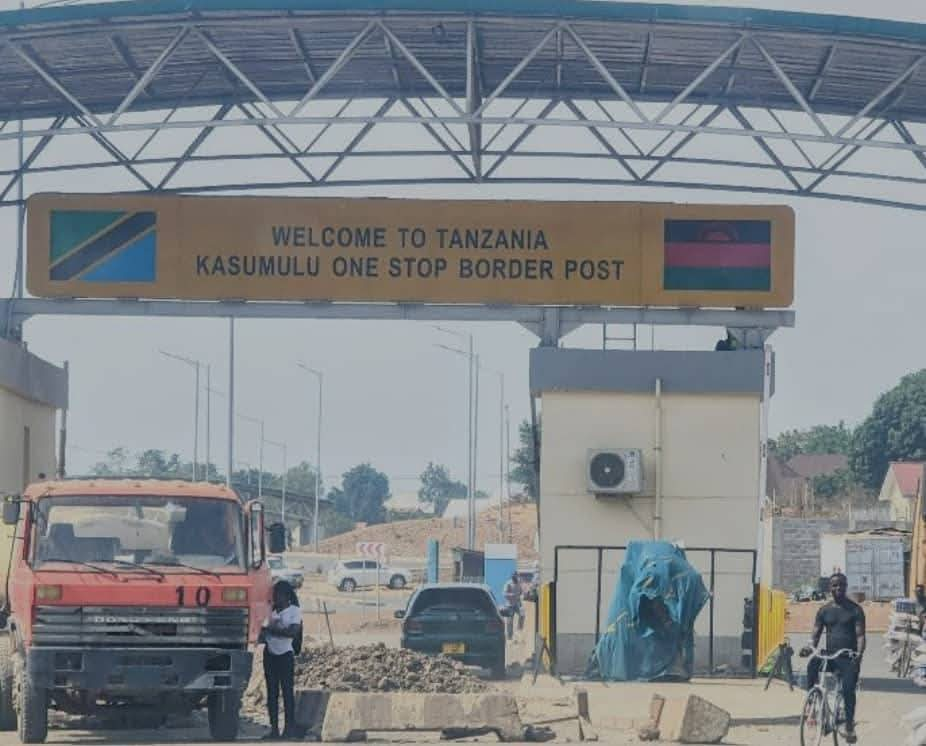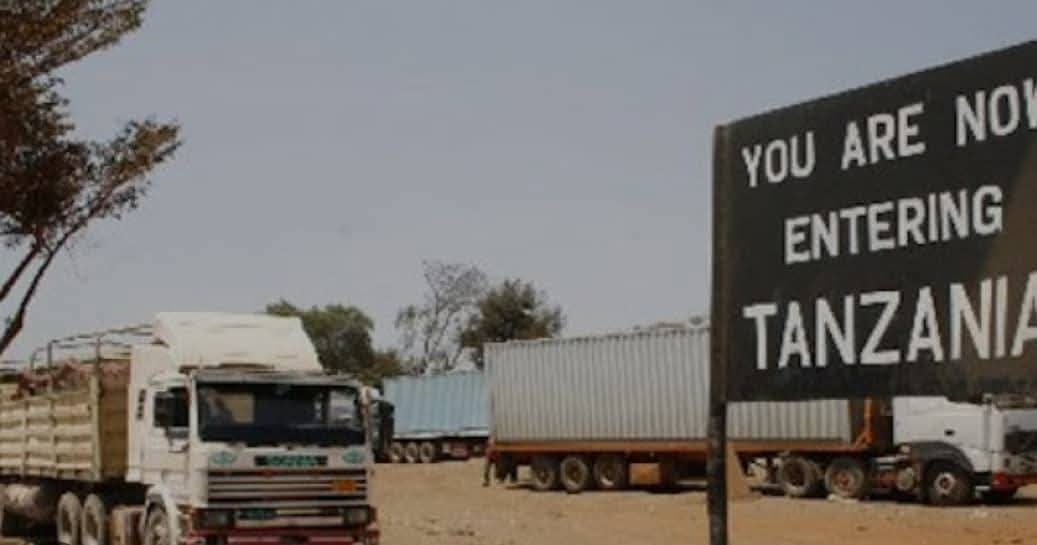
Malawi’s border trade with Tanzania has resumed after months of strained relations — but a key agreement meant to secure that trade remains unsigned, raising fears of another potential fallout.
Earlier this year, Malawi and Tanzania engaged in a tit-for-tat trade standoff. Malawi imposed a ban on key Tanzanian imports such as maize, rice, bananas, and ginger. In retaliation, Tanzania blocked Malawian goods and halted fertiliser exports and transport access through its ports, disrupting business on both sides of the border.
In April, the two governments agreed to resolve their differences by adopting a Simplified Trade Regime (STR), a deal aimed at easing cross-border trade for small-scale traders. The STR was supposed to be signed by the end of May, but that deadline came and went without an agreement.
Now, with cross-border trade back on — but the STR still pending — concerns are mounting.
“We are still in discussions,” said Patrick Botha, spokesperson for Malawi’s Ministry of Trade. He did not give a clear timeline for when the STR will be finalised.
Meanwhile, experts warn that the fragile peace in trade relations may not last. The World Bank’s latest Malawi Economic Monitor highlights how the March trade spat exposed the country’s vulnerability to sudden policy shifts. The report notes that Malawi’s dependence on Tanzanian ports and trade routes means even brief disruptions can have serious economic consequences.
Small-scale traders — most of them women — bore the brunt of the fallout. Many lost up to 60% of their income as goods spoiled at border posts during the standoff.
“The lack of predictable trade rules forces many into risky informal trade, and that weakens the economy further,” the report reads.
Trade experts are urging Malawi to strengthen its trade policies and avoid knee-jerk decisions like abrupt import bans, which they say can backfire — leading to higher domestic prices and strained ties with neighbours.
For now, trade may seem normal at the borders, but without a binding agreement like the STR, Malawi remains exposed to the same risks that sparked the crisis just months ago.



